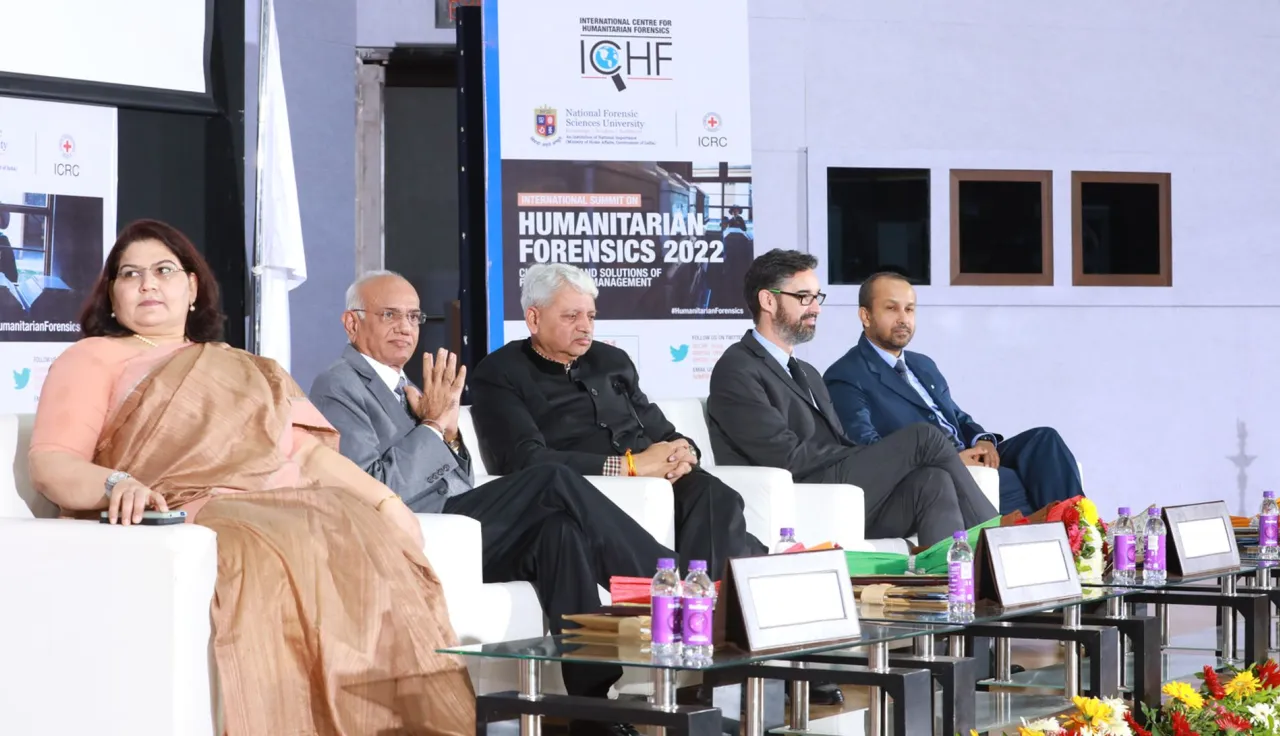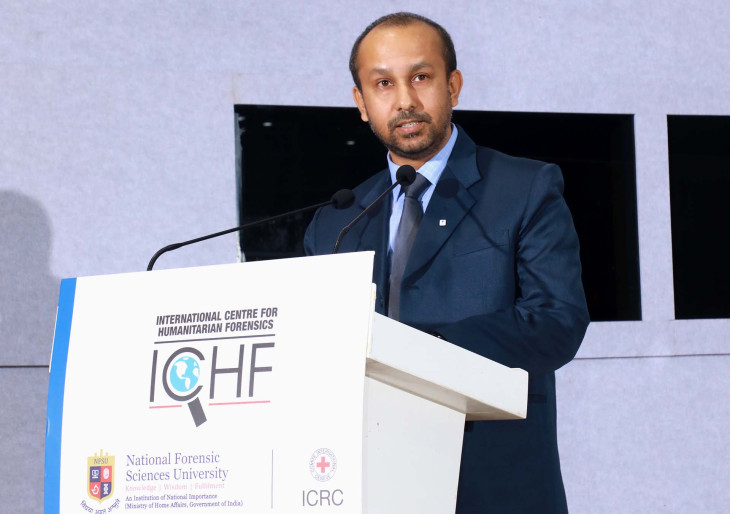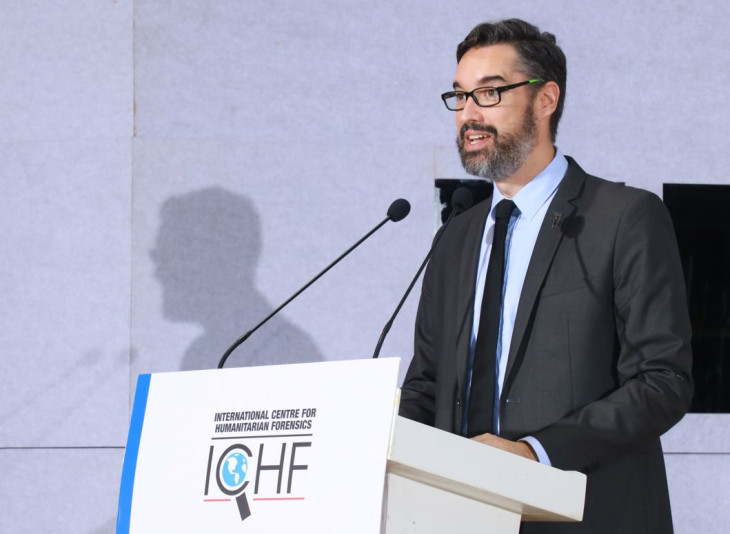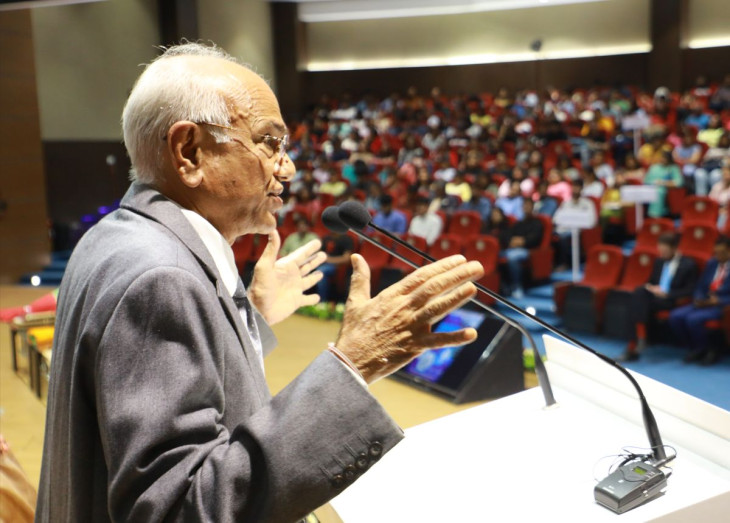The Challenges and Solutions of Forensic Data Management

From November 29 through December 1, the International Centre for Humanitarian Forensics (ICHF), a partnership between the International Committee of the Red Cross (ICRC) and the National Forensic Sciences University (NFSU), hosted their 4th Annual Summit. The theme of the Summit was: Challenges and Solutions of Forensic Data Management.
Popular media often create the perception that forensic investigation and human identification is a simple, straightforward, and automated process: there is some clever deduction, fancy equipment, and knowledgeable scientists required, but by the end of the one-hour television episode (minus advertisements), the case will be solved! Real forensic scientists and death investigators know better. Even in contexts and times free of armed conflict or natural disasters, the number of unidentified and unclaimed bodies, for example, can create overwhelming challenges for investigative systems. These problems are exacerbated when disaster strikes: mass transit accidents, natural disasters, or even undocumented migration of non-nationals.

This Summit is one example of the efforts that ICHF is making to internationalize: we want to encourage people from different countries to share their knowledge and experience. We want to learn from each other so that we can improve how we manage forensic data and, ultimately, ensure that vulnerable populations are best served
Because of data management, you have all the data available for every individual on this earth. Identification becomes easy. This is what we are going to discuss in the three-day workshop
The Chief Guest was the Director of the National Judicial Academy of India, Justice A.P. Sahi. Dozens of speakers and participants were hosted from South Africa, Zambia, Maldives, Nepal, the United States, India, and the ICRC, including the ICRC India Delegation's Deputy Head and the ICRC Head of Forensic Unit.

Forensic data management is at the core of any operations regarding forensic action and dignified management of the dead in post-conflict and ongoing conflict. If we do not have proper data management, the right systems and tools, we will not get an answer for the families
The ICHF Summit provided a great example of knowledge-sharing, stimulating new ideas and proposals — as evidenced by the active engagement of the participants during the Summit. It was common for people to quickly gather during tea breaks to continue the conversation that had started after a presentation. The questions and suggestions of NFSU students, many of whom helped organize the event, were particularly engaging.

Participants, organisers and facilitators pose for a group photo
Building capacities, promoting the exchange of challenges and success stories, persuading people of the importance of humanitarian forensics, and inspiring the younger generation are goals of the ICHF and the Summit managed to achieve most of that.
The ICRC is adapting its existing activities and programmes to ensure the organization can help address the growing needs globally concerning the dead, their families, and those working to manage the dead. The Regional Delegation of the ICRC in New Delhi is providing technical support to forensic experts in India, Nepal, Bhutan and the Maldives.
Watch highlights of the summit:

